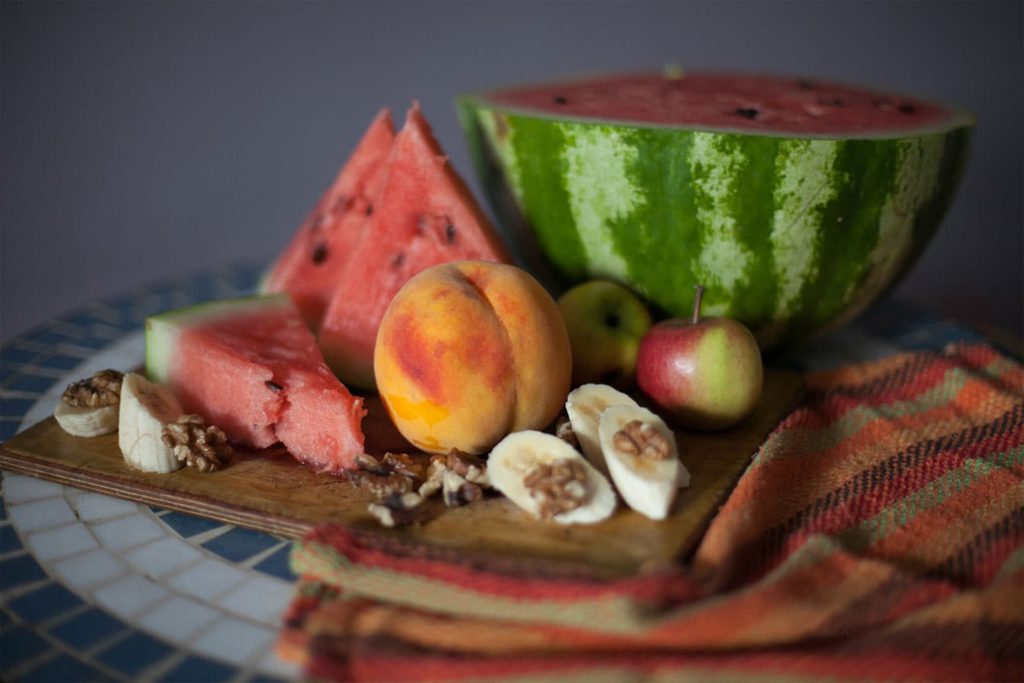There’s no denying the typical Western lifestyle — consuming diets high in processed foods, red meat, refined sugars, carbohydrates and saturated fats — has fueled the current obesity epidemic plaguing much of the industrialized world.
Part of the damage done to our bodies is how our health has changed drastically to compensate for eating these calorie-rich, nutrient-poor diets, doing great harm to our gut microbiota.
A trio of 2015 studies show how the human gut health varies according to lifestyle and geography, and, in one case, how quickly one’s gut health can change.
Native populations have more diverse gut microbiomes
Two studies compared the gut microbiomes of natives in various non-industrialized communities around the world to those U.S. residents.
In one study comparing the gut microbiomes of people living in the U.S. to those in non-industrialized Papau New Guinea (published in Cell Reports), scientists discovered Americans lacked some 50 different species of gut bacteria.
Why? Western lifestyles that reduce the ability of bacteria to move from person-to-person (bacterial dispersion) via drinking water or sanitation may have contributed to these differences in gut bacteria, says study co-author Dr. Jens Walter of the University of Alberta Department of Agricultural, Food & Nutritional Science.
This discovery implies a connection to the hygiene hypothesis, in which the body’s immunities and gut health are harmed by constant exposure to antibacterial soaps, bottled water, antibiotics and disinfectants.
The real challenge posed by this study is developing methods to reduce the damage done to human gut health without jeopardizing the benefits, says study co-author Dr. Andrew Greenhill of Federation University Australia.
The same lack of gut bacteria was also discovered in another study, appearing in Nature Communications. This study compares Americans living in Norman, Okla., to native farmers and hunter-gatherers living in Peru and the Amazon.
In this study, the genus Treponema, a family of bacteria that has co-existed for millions of years in humans and primates, was missing in industrialized populations.
“In our study, we show that these lost bacteria are in fact multiple species that are likely capable of fermenting fiber and generating short chain fatty acids in the gut. Short chain fatty acids have anti-inflammatory properties,” says Cecil Lewis, co-director of the Laboratories of Molecular Anthropology and Microbiome Research at the University of Oklahoma College of Arts and Sciences, in a press release.
“This raises an important question: could these lost Treponema be keystone species that explain the increased risk for autoimmune disorders in industrialized people?”
Multi-national diet changes quickly alter colon cancer risks
Western diets were blamed for rapid gut health changes that raised the risks of colon cancer in a third study appearing in Nature Communications, comparing the health of African-Americans in the U.S. to native Africans living in rural South Africa.
Twenty African-Americans swapped diets with a similar number of native South Africans for two weeks. Before and after the change in diets, all patients were given colonoscopies. Also, researchers examined biological markers that measured a patient’s risks of colon cancer, along with bacterial samples taken from the colon.
At the beginning, nearly half of the Americans participating in the study had polyps (growths in the colon that can evolve into colon cancer). Americans who followed the African diet experienced a reduction in biomarkers for cancer, significantly lessening the inflammation in their colons and an increase in butyrate, a byproduct of metabolizing fiber linked to key anti-cancer benefits.
Conversely, the cancer risk for African patients following a westernized diet, one low in fiber but high in protein and fat, increased dramatically too.
Both sets of findings underscore how a change in diet can quickly and dramatically alter one’s health for better or worse. The obvious difference in the Western diet was the lack of dietary fiber, according to Dr. Jeremy Nicholson, of Imperial College London in a press release.
“This is not new in itself but what is really surprising is how quickly and dramatically the risk markers can switch in both groups following [a] diet change. These findings also raise serious concerns that the progressive westernization of African communities may lead to the emergence of colon cancer as a major health issue.”
Increasing your daily intake of dietary fiber by 30 grams (about 1 ounce) can also help you lose weight and help reduce cardiovascular problems.
Boosting your intake of dietary fiber, along with taking a quality probiotic like EndoMune Advanced Probiotic, provides even greater benefits.
Eating more fiber feeds your gut bacteria the starches it needs to jump-start the fermentation process to provide nourishment to the cells lining the colon. As a result, the intestinal tract becomes much healthier and functions more effectively.
Adding a probiotic containing multiple strains of beneficial bacteria like EndoMune, not only increases the fermentation process of fiber in the gut, it reduces the impact of various diseases.


